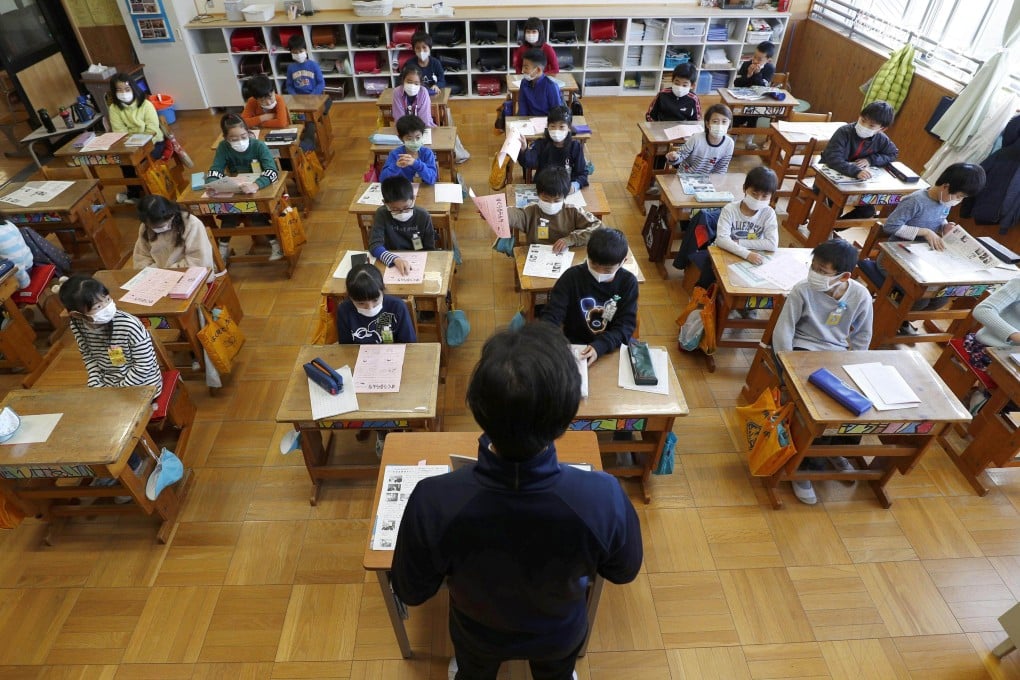Japanese shun teaching as educators are underpaid and at risk of ‘working to death’
- Japan’s education ministry found teachers worked an average of more than 95 hours overtime per month, above health standard limits of ‘karoshi’ or death from overwork
- Teachers’ salaries have also not increased as much as inflation, forcing some educators to find part-time jobs to make ends meet

A report earlier this year in the Nihon Keizai newspaper indicated that close to 2,800 positions still needed to be filled in the nation’s primary, junior high and senior high schools, an increase of around 30 per cent from a year ago.
In addition to the shortfall, a record 5,897 teachers took time off for mental health issues in 2021, including nearly 3,000 primary schoolteachers. Of the total, more than 1,100 decided to leave the profession entirely.
Arguably the biggest problem is the long working hours. Teachers are required to be at school before classes commence at 8am and remain long after students have gone home. That is in addition to planning lessons, marking pupils’ assignments and filling in paperwork from the ministry of education and their local education authority – much of which is superfluous, they say.
A study on work-life balance in the education sector, released by the ministry in January, found that teachers worked an average of 95 hours and 32 minutes overtime per month. According to Ministry of Health standards, employees are at risk of “karoshi,” or death from overwork, if they do more than 80 hours of overtime a month.
However, due to shortages of funds being allocated to education, we have not been successful in bringing about this sort of change
The National Teachers’ Federation of Japan found that more than 12 per cent of teachers have asked school administrators to lighten their work loads, preferably by hiring more teachers and reducing class sizes.
